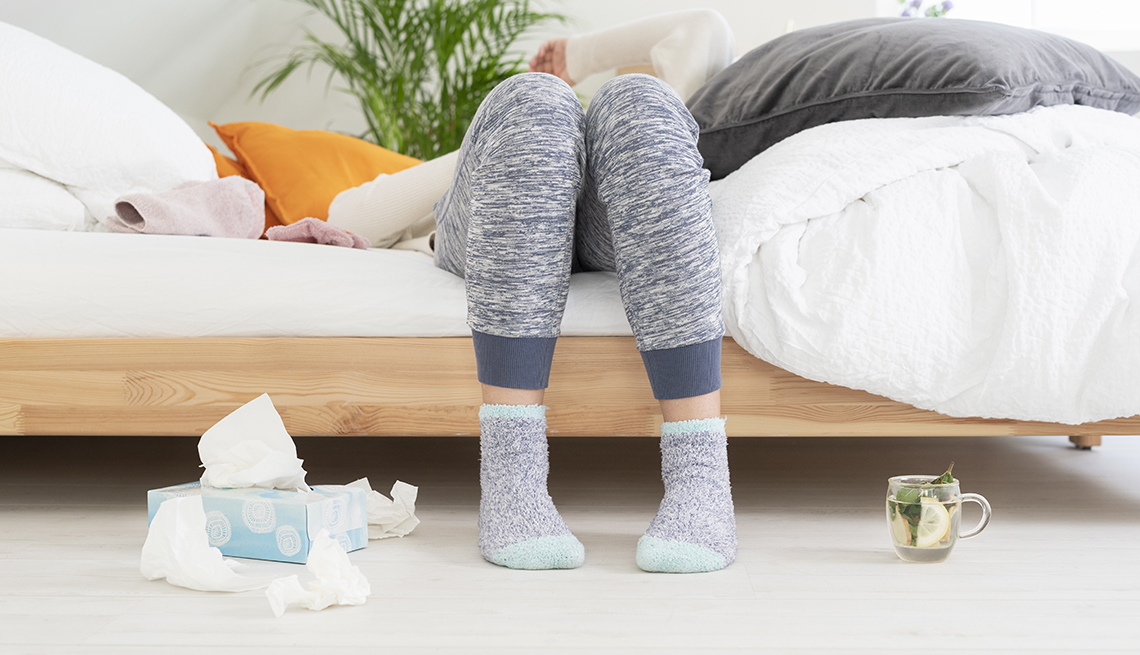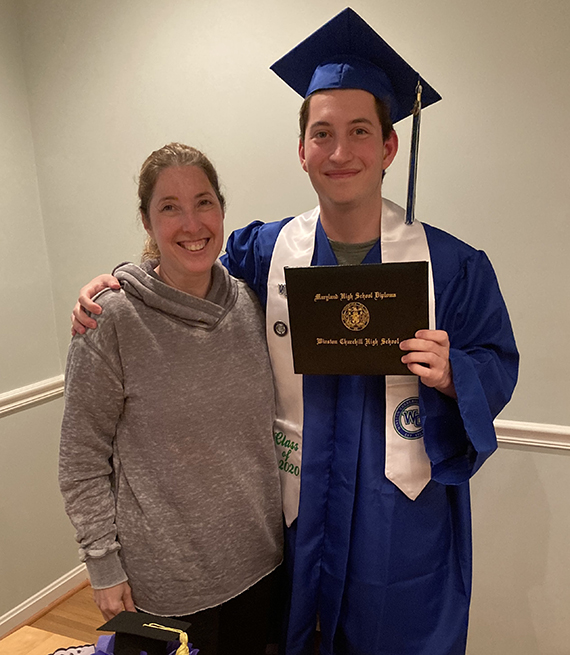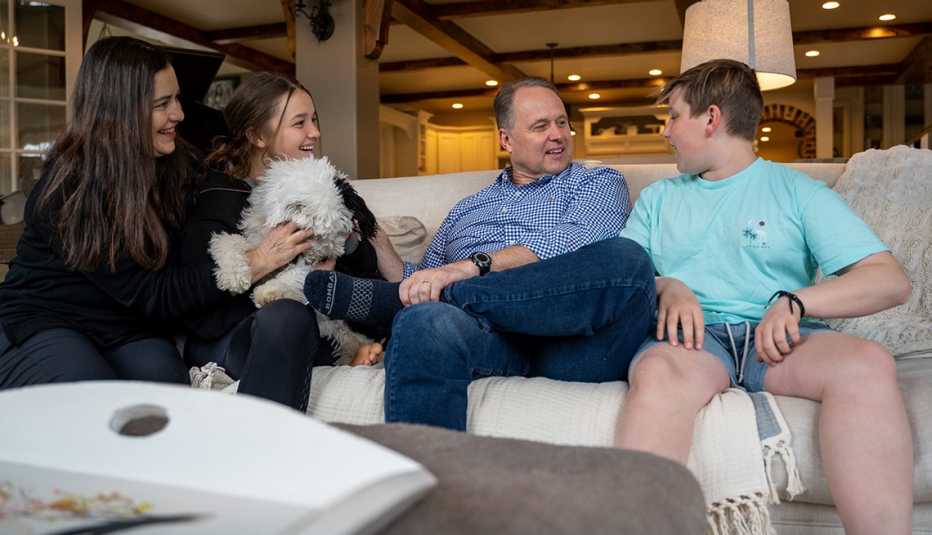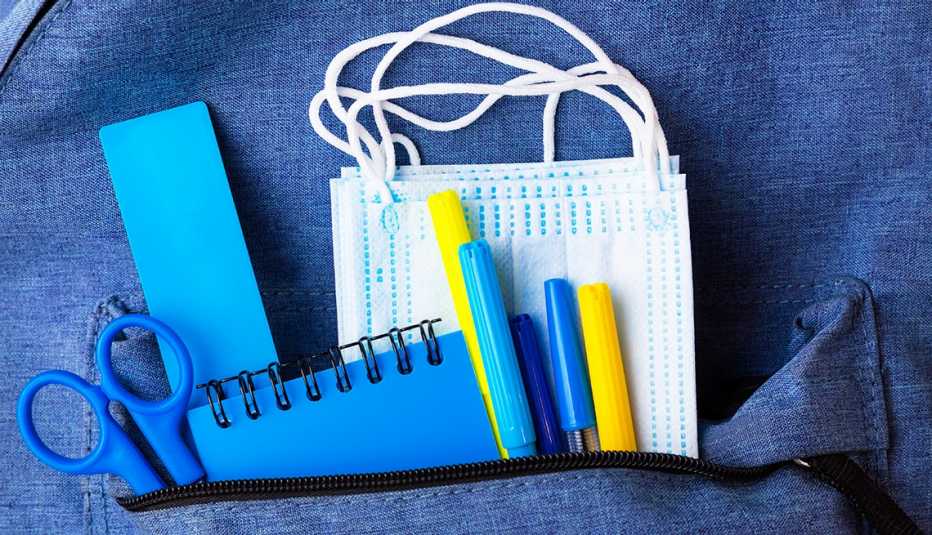Staying Fit
If Your Student Gets Sick
1. Determine whether it's best for the student to stay on or near campus or come home.
2. Make sure you have access to your child's medical information. Because most college students are adults, you must have signed legal forms that permit information sharing.
3. Assess a college or university's plan for caring for sick students.
4. If you have concerns, speak up quickly. Contact college or university officials.
Last September, Sarah Oppenheim's son tested positive for COVID-19 at a small private college in upstate New York, over five hours away from their Manhattan home. For the next three weeks, at a hotel off campus, he battled fever, body aches and fatigue, as well as heavy lungs and an itchy rash.
"Of course you worry right away,” says Oppenheim, 62. “Your first fear is that it's really bad."
The delta variant — nearly twice as contagious as previous coronavirus variants — is responsible for an increasing number of new COVID-19 cases. And with most college and universities welcoming students back on campus, parents, students and school officials are grappling with how to handle the new outbreaks likely to emerge.
The New York Times has been tracking college-related outbreaks. Though many young people are vaccinated, breakthrough cases are expected, in addition to cases among students who remain unvaccinated


AARP Membership— $12 for your first year when you sign up for Automatic Renewal
Get instant access to members-only products and hundreds of discounts, a free second membership, and a subscription to AARP the Magazine.
If your child is among the students who get sick, what should you do? Bring him home or leave him at school?
Anthony Fauci, the nation's top infectious disease expert, has said that infected students should stay sequestered on or near campus to prevent spreading the illness.
But not all parents are comfortable letting their offspring fight the coronavirus on their own — at least not without direct parental support. So what should you do?
Ask some questions
Whether to have your child convalesce at school or back home is “no small decision and is likely to be accompanied by a sense of anxiety and vulnerability,” says Iahn Gonsenhauser, an infectious disease specialist and the chief quality and patient safety officer at the Ohio State University Wexner Medical Center.
If you want your child home, Gonsenhauser recommends first asking these questions:
- Is there a defined, private space where your child can comfortably and safely quarantine? Does that space include a separate bathroom to reduce contamination risks?
- Are you able to offer support such as food and other daily necessities?
- If sharing spaces, is everyone in the house prepared and willing to wear masks and distance as much as necessary?
- Will there be medically vulnerable family members around?
- Is there easy access to urgent medical attention if needed?
If your child stays at school, be aware that the federal Family Educational Rights and Privacy Act protects the privacy of student education records. In addition, because most college students are adults over 18 years old, parents will not have access to their child's medical records without explicit permission.






































































